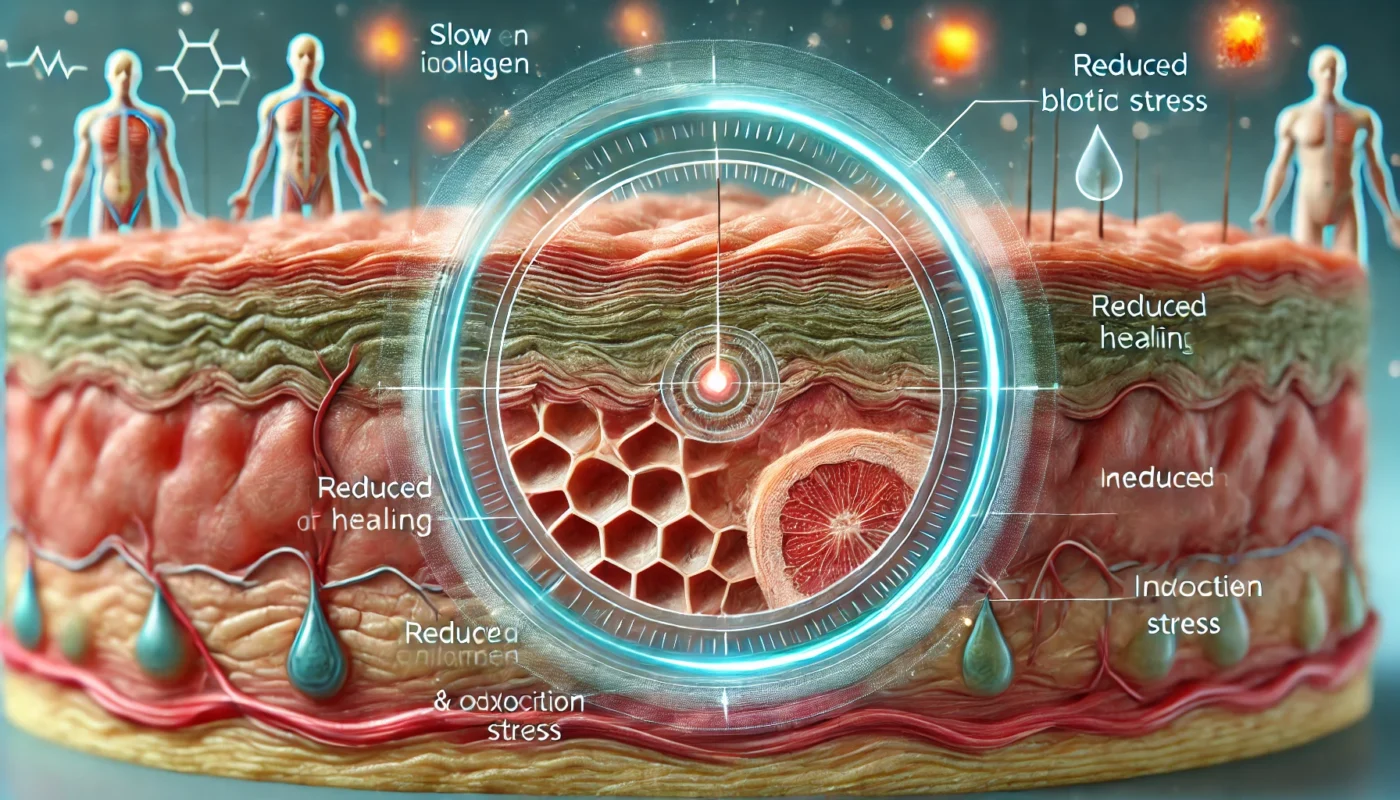When it comes to managing pain, many individuals instinctively reach for over-the-counter medications like Tylenol. However, if you’re exploring herbal remedies as effective Tylenol alternatives, you’re tapping into a world of natural solutions that have been used for centuries. These alternatives can offer relief without the side effects often associated with conventional painkillers. In this article, we delve into some potent herbal remedies that can serve as effective alternatives to Tylenol for managing various types of pain.
Tag Archives: Nutrition
Before diving into specific remedies, it’s crucial to understand how pain relief works. Pain is a complex experience involving sensory and emotional components. It alerts us to potential harm and prompts us to take action. Various natural compounds can interact with the body’s pain pathways, providing relief without the side effects often associated with conventional medications.
Back pain can arise from various factors, including muscle strain, poor posture, herniated discs, or underlying medical conditions like arthritis. Identifying the cause of your back pain is essential for choosing the appropriate treatment. Consulting a healthcare professional for a proper diagnosis is always a wise first step.
Wound healing is a complex physiological process involving multiple stages: hemostasis, inflammation, proliferation, and remodeling. Each phase is critical and interdependent, requiring a well-coordinated effort from various cells, growth factors, and enzymes. When any of these components are disrupted, impaired wound healing can occur.
The Paleo Diet, also known as the Paleolithic or “caveman” diet, is based on the notion of eating as our ancestors did during the Paleolithic era. The diet primarily includes lean meats, fish, fruits, vegetables, nuts, and seeds, while excluding processed foods, grains, legumes, and dairy. The emphasis is on consuming foods that are as close to their natural state as possible.
The Mediterranean diet is inspired by the traditional eating patterns of countries bordering the Mediterranean Sea, such as Greece, Italy, and Spain. It emphasizes whole, minimally processed foods, including plenty of fruits, vegetables, whole grains, nuts, seeds, and healthy fats—particularly olive oil. Moderate consumption of fish and seafood, dairy, poultry, and red wine is also encouraged, while red meat and sugar-laden foods are limited.
Inflammatory Bowel Disease is a chronic condition characterized by inflammation of the gastrointestinal tract. This inflammation can lead to symptoms such as abdominal pain, diarrhea, fatigue, and weight loss. While there is no one-size-fits-all diet for IBD, certain dietary modifications can alleviate symptoms and improve quality of life.
Stomach inflammation, medically known as gastritis, occurs when the stomach lining becomes irritated, leading to discomfort and other digestive issues. It can result from various factors, including infection, chronic use of NSAIDs, alcohol consumption, and autoimmune diseases.
Inflammation is a natural defense mechanism used by the immune system to protect the body against harm, such as infections or injuries. However, when inflammation becomes chronic, it can lead to various health issues. One of the key triggers of chronic inflammation is diet. Certain foods can provoke an inflammatory response, leading to long-term health consequences.
The AIP diet is a specialized version of the Paleo diet, focusing on eliminating foods that may trigger inflammation and exacerbate autoimmune symptoms. It encourages the consumption of nutrient-dense foods that support gut health and immune function. By understanding the scientific research behind the AIP diet, individuals can make informed choices to optimize their health and wellbeing.










